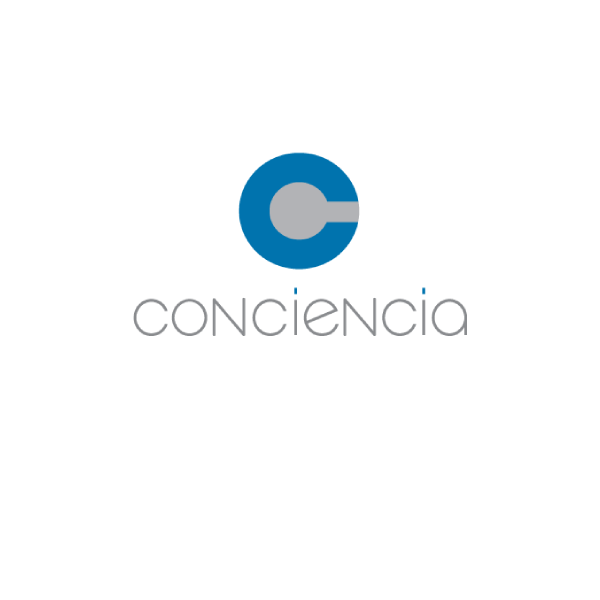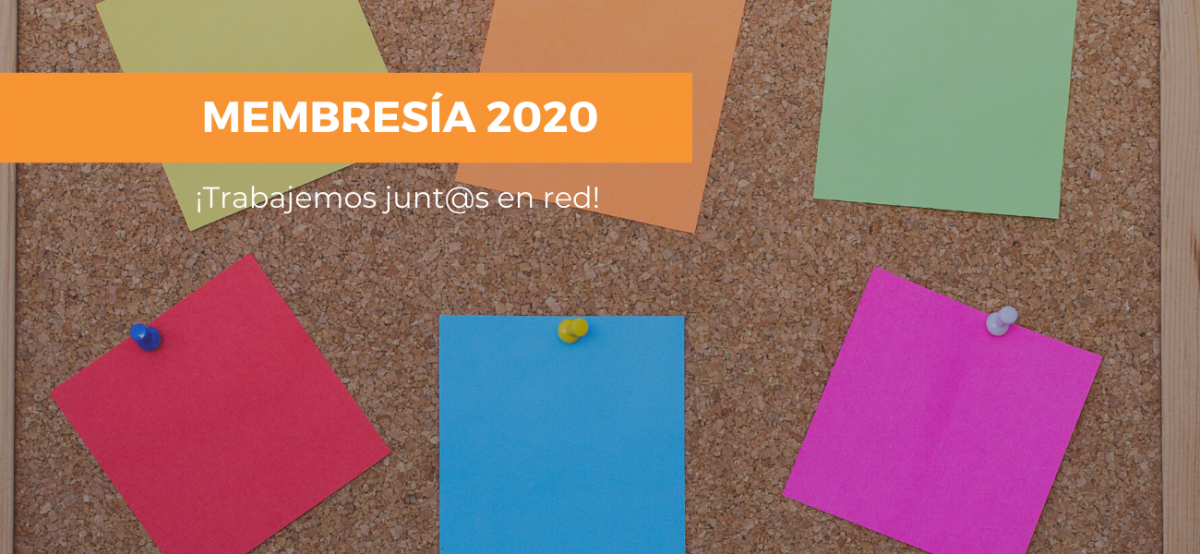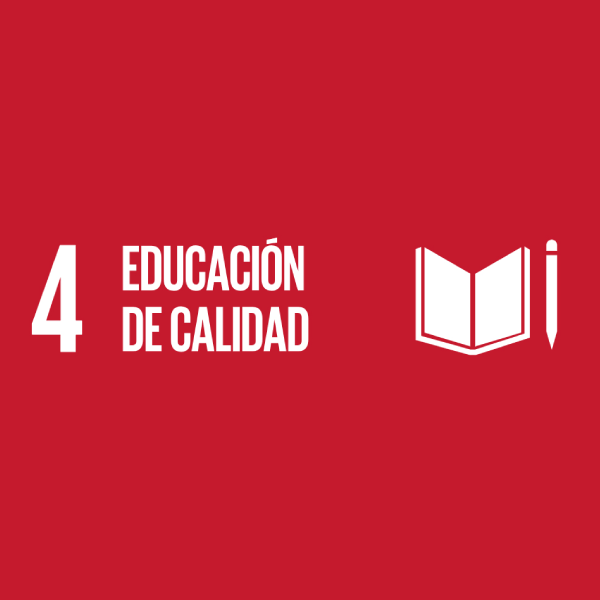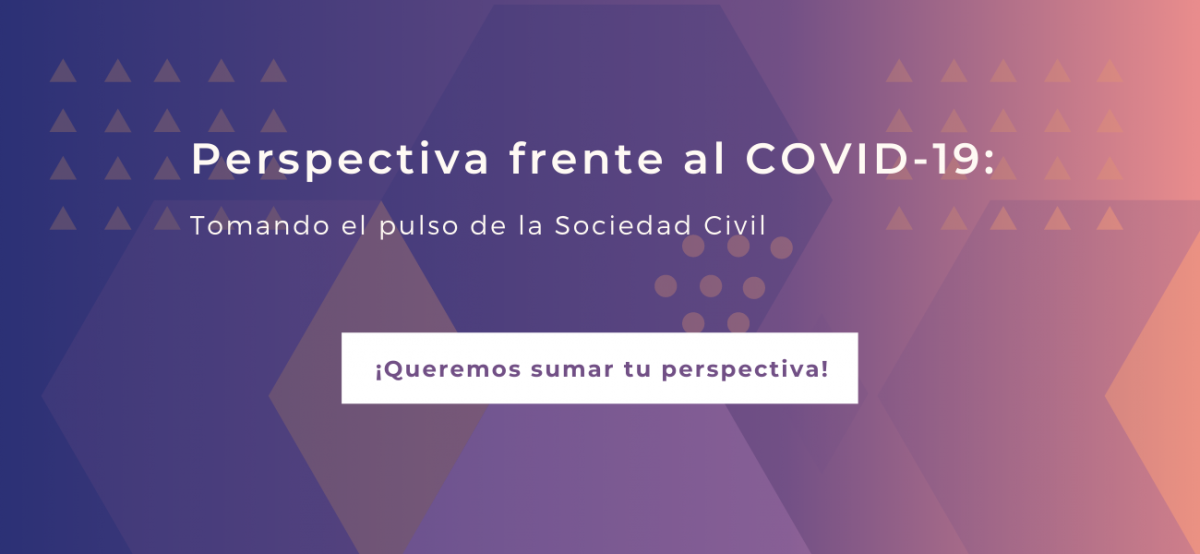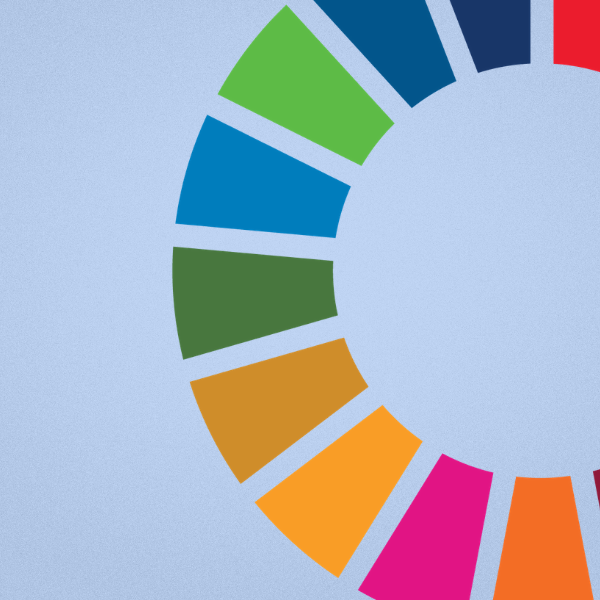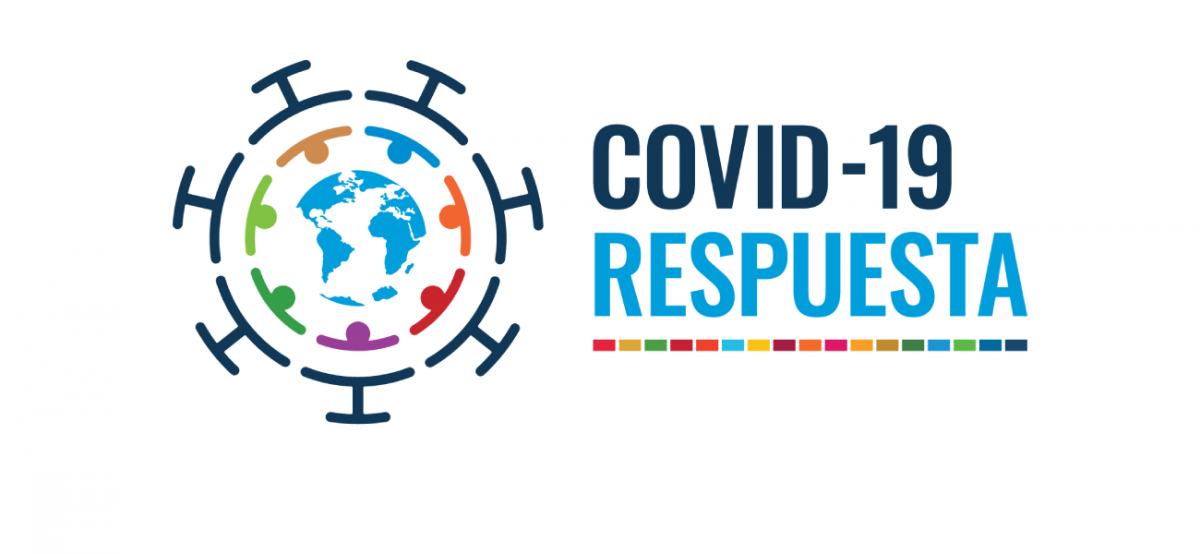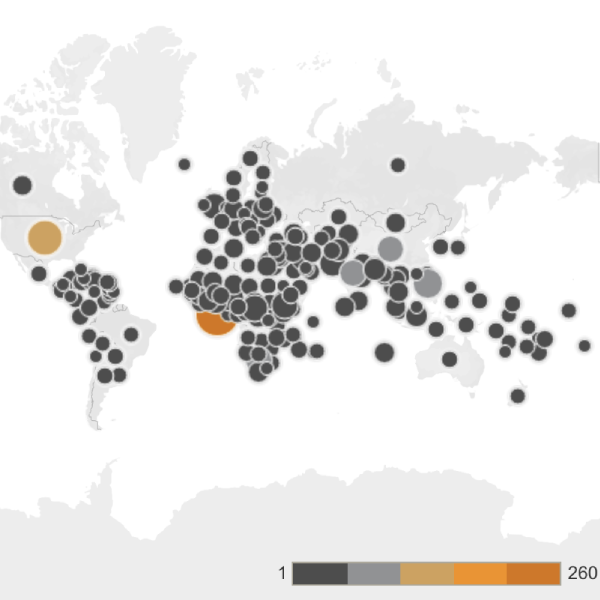Since the beginning of 2020, more than $4.6 billion dolars has been pledged to the fight against COVID-19 by governments, bilateral and philanthropic donors, multilateral institutions, NGOs, and the private sector. The Devex platform, with the goal of providing recruiting and business development services for global development, has generated an interactive map to present information about the various projects that are financing the fight against coronavirus around the world. According to this map, there were a total of 245 financing activities, grants, and business opportunities specifically targeting the virus as of March 24th, 2020.
Concerning the origin of the funding, different governments are supporting initiatives worth at least $2.9 trillion, mainly focusing on the response to COVID-19 or its economic impacts. Meanwhile, multilateral institutions are supporting 65 initiatives worth $1.1 trillion, which has so far been evenly divided between country-specific and multi-region initiatives. Bilateral donors have announced investments or partnerships in investments worth $594 billion, geographically focused on Asia and Africa. NGOS and civil society organizations are supporting initiatives at least worth $165 million with a focus on Africa. Philanthropic donors have announced 36 initiatives with a known value of $1.3 billion, their focus being on global response programs. Lastly, the private sector has financed a total of 47 initiatives with a total value of $2.3 billion.
As for investment areas, so far the focus of investment has been on the response to the coronavirus, with the support of health systems being the second priority. Investment in countries’ economies is also increasingly important as a result of the impact generated by mandatory quarantines and the economic paralysis. The research is being funded by 19 initiatives and is focused on prevention and control, diagnosis and treatment, and the clinical response. The search for a vaccine and other treatments are also being supported by 13 initiatives. Finally, at least $195 million in equipment supplies is being invested through 12 initiatives.
With regards to the geographical focus, due to the large investment of governments in support of the national response, two-thirds of the initiatives are country-specific. The country with the most initiatives is China, followed by the United States, Philippines, and Pakistan. There are also regional initiatives in East Asia and the Pacific, South Asia, and Western Europe. In addition, there are at least 61 global initiatives worth $488 billion.
On the other hand, as the crisis progresses and many civil society organizations struggle to respond to this healthy emergency, they are also confronted by the reality of financial instability, which has been a serious effect of the current situation. This instability occurs in large part because financial policies provide insufficient coverage of indirect costs, such as expenses that are not directly linked to a single project but shared across multiple projects. In fact, even before the crisis, the indirect costs of these organizations constituted a much higher percentage of total costs than the typical 15% fixed repayment rate used by many funders. Due to this, the best solution to this problem seems to be the flexibilization of funding, so that organizations have a sufficient framework of action to be able to cover indirect costs. In order to meet the emergency needs caused by the COVID-19 crisis, more than 40 major international foundations announced in mid-March their commitment to more flexible funding. This commitment, led by the Ford Foundation, is a call on philanthropist groups around the world to address the unforeseen effects of this global crisis so that beneficiaries can move quickly to help the most affected communities. The financiers have signed an exhaustive list of commitments to support organizations during this critical time. These commitments include loosening or eliminating restrictions on current subsidiaries, as well as making new subsidiaries as unrestricted as possible so that organizations have greater flexibility to respond to the crisis; contribute to emergency response funds; and, to collaborate with beneficiary partners to generate thoughtful and immediate responses.
In conclusion, since the beginning of 2020, large sources of funding have been generated in response to the coronavirus. Governments, donors, institutions, and organizations have collaborated monetarily in the fight against COVID-19 and its effects through 245 initiatives all around the world. However, this financing is focused on certain regions and has not reached Latin America and the Caribbean: this region has only received 109 financing initiatives, 3 of which are for Argentina. Furthermore, as the impact of COVID-19 grows and the crisis worsens, it is necessary that investment also do so to respond to this pandemic in different parts of the world.
For more information, visit the following links: https://www.devex.com/news/interactive-who-s-funding-the-covid-19-response-and-what-are-the-priorities-96833, https://www.fordfoundation.org/the-latest/news/top-foundations-pledge-flexible-funding-to-grantees-in-wake-of-covid-19-crisis/, https://www.alliancemagazine.org/blog/covid-19-an-opportunity-for-transformative-grant-making/, https://www.philanthropy.com/paid-article/five-foundations-address-the/293.

